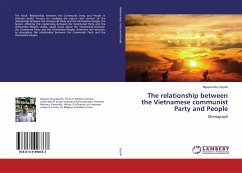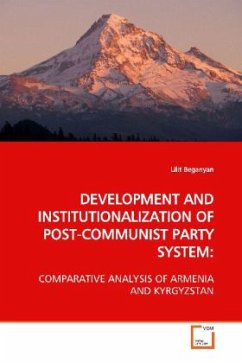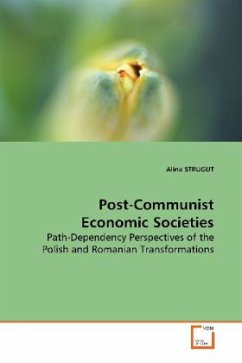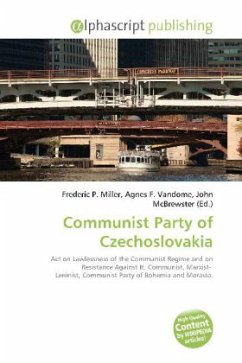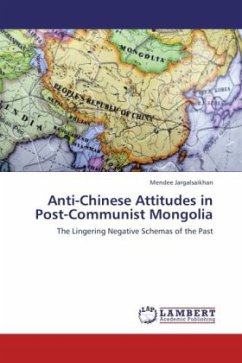
Anti-Chinese Attitudes in Post-Communist Mongolia
The Lingering Negative Schemas of the Past
Versandkostenfrei!
Versandfertig in 6-10 Tagen
32,99 €
inkl. MwSt.

PAYBACK Punkte
16 °P sammeln!
Why do anti-Chinese attitudes in Mongolia still persist after both nations have enjoyed friendly, neighborly relations for more than two decades? Anti-Chinese attitudes in Mongolia are persistent because of lingering impacts of artificially-consolidated negative schemas about China, Chinese people, and their culture from the 1960s-1980s. Mongolian political elites at that time institutionalized anti-Chinese attitudes, introducing only negative schemas, while blocking all other sources for positive or neutral schemas about China. Nevertheless, Mongolian political elites attitudes toward China b...
Why do anti-Chinese attitudes in Mongolia still persist after both nations have enjoyed friendly, neighborly relations for more than two decades? Anti-Chinese attitudes in Mongolia are persistent because of lingering impacts of artificially-consolidated negative schemas about China, Chinese people, and their culture from the 1960s-1980s. Mongolian political elites at that time institutionalized anti-Chinese attitudes, introducing only negative schemas, while blocking all other sources for positive or neutral schemas about China. Nevertheless, Mongolian political elites attitudes toward China became noticeably positive since mid-2000 due to increased interactions, information, and the changing economic reality despite of the fact that unfavorable views of China and the anti-Chinese attitudes have still dominated the Mongolian media, blogosphere, and public discourses. The main reason for the gap between attitudes of the political elites and the public can be explained by a reluctance of the political elites and intellectuals to de-construct the past schemas because of its diacritic purpose to differentiate Mongolian identity.





